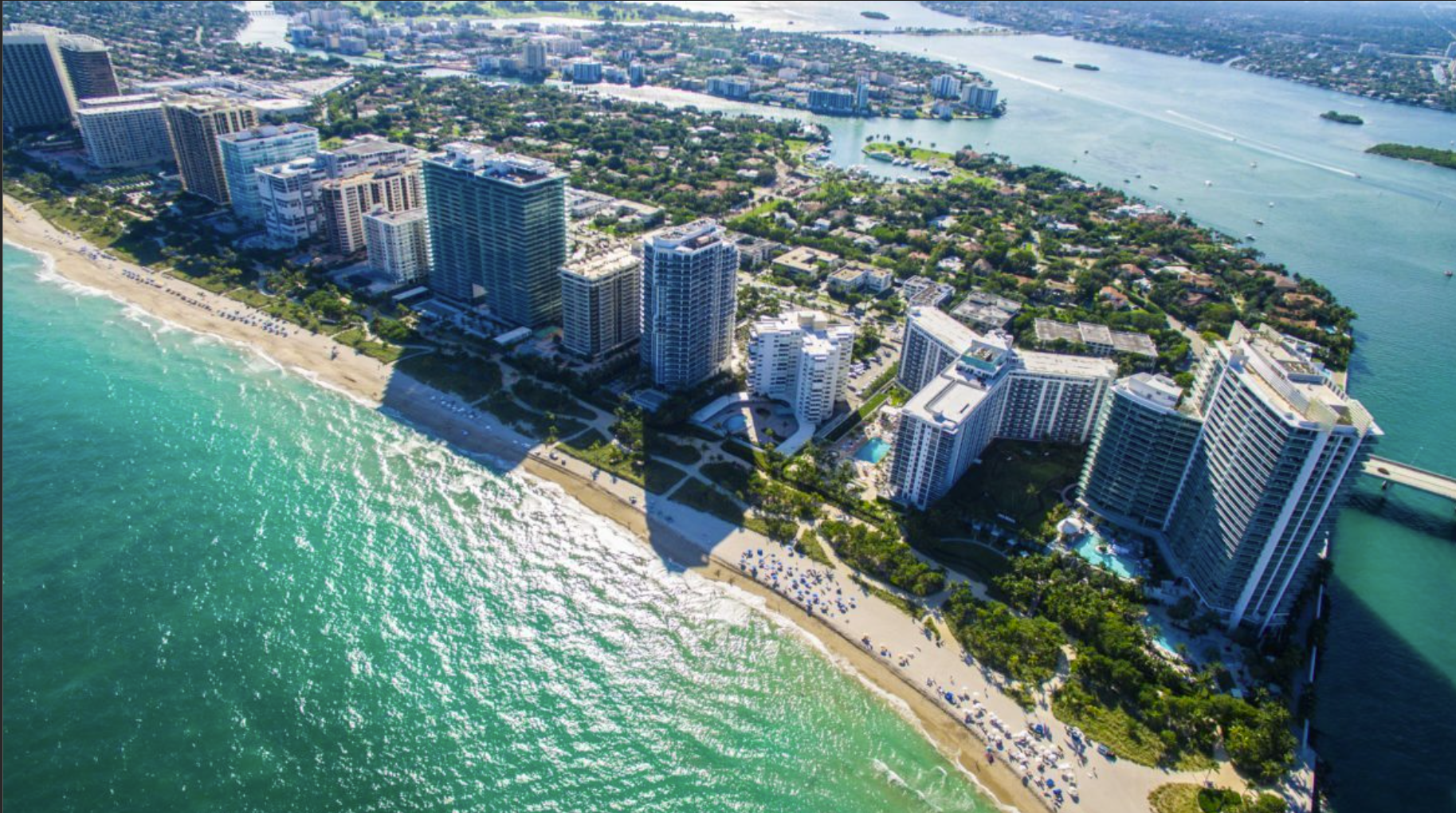In May of 2022, Florida Governor Ron DeSantis enacted legislation to mandate emergency reserve funds for condominiums statewide, following the tragic Champlain Towers South collapse in Surfside. Florida’s Senate Bill SB 4-D now requires preventative maintenance, construction inspections for buildings three stories or higher, and structural integrity reserve studies and funds for condo associations. This article explores the key provisions of the new law and their implications for condominiums and cooperatives.
Key Provisions of Florida’s Senate Bill SB 4-D
1. Building Safety Inspections
- Buildings with three or more stories must have a “milestone inspection” by an architect or engineer when the building is 30 years old (or 25 years if within three miles of a coastline) and every 10 years thereafter.
- If a building’s certificate of occupancy was issued before July 1, 1992, its initial milestone inspection must be performed by December 31, 2024.
- A phase two milestone inspection is required if substantial structural deterioration is found during the phase one inspection.
- Inspection reports must be provided to local building officials, associations, and unit owners.
- Willful and knowing failure by an association’s officer or director to perform a milestone inspection is a breach of their fiduciary duty to unit owners.
- Unit owners and renters have the right to inspect milestone inspection reports.
2. Reserve Funding for Maintenance and Repair
- Condominium and cooperative associations must complete a structural integrity reserve study every 10 years for each building with three or more stories.
- Existing associations controlled by non-developer unit owners as of July 1, 2022, must complete a reserve study by December 31, 2024, and every 10 years thereafter.
- The reserve study must include a visual inspection and estimates for the remaining useful life and replacement cost of key components, such as the roof, load-bearing walls, floors, foundation, fire protection systems, electrical systems, waterproofing, painting, windows, and plumbing.
- Reserve funds cannot be waived, reduced, or used for other purposes.
- A developer must complete a structural integrity reserve study before turning over control of an association to non-developer unit owners.
- Failing to complete a structural integrity reserve study is considered a breach of an association board member or officer’s fiduciary duty.
Implications for Condominium and Cooperative Associations
The new legislation emphasizes the importance of building safety and financial planning for condominium and cooperative associations. Associations must comply with these requirements to ensure the structural integrity and financial stability of their buildings. Failure to do so could result in legal ramifications and potential financial burdens on unit owners.
Associations should engage qualified professionals to conduct inspections and reserve studies, adhere to inspection schedules, and implement recommended maintenance and repair plans. Additionally, associations must maintain transparent communication with unit owners regarding inspection results and reserve fund status.
Conclusion
Florida’s Senate Bill SB 4-D aims to improve the safety and financial stability of condominiums and cooperatives statewide. Associations must understand and comply with these new requirements to protect their properties and ensure the well-being of residents. By prioritizing building safety and financial planning, associations can avoid potential legal issues and maintain the value and integrity of their properties.
Sources:
[1] https://www.foxbusiness.com/real-estate/florida-real-estate-bombshell-could-destroy-wallet [2] https://www.flsenate.gov/Session/Bill/2022D/4D/BillText/er/PDF



